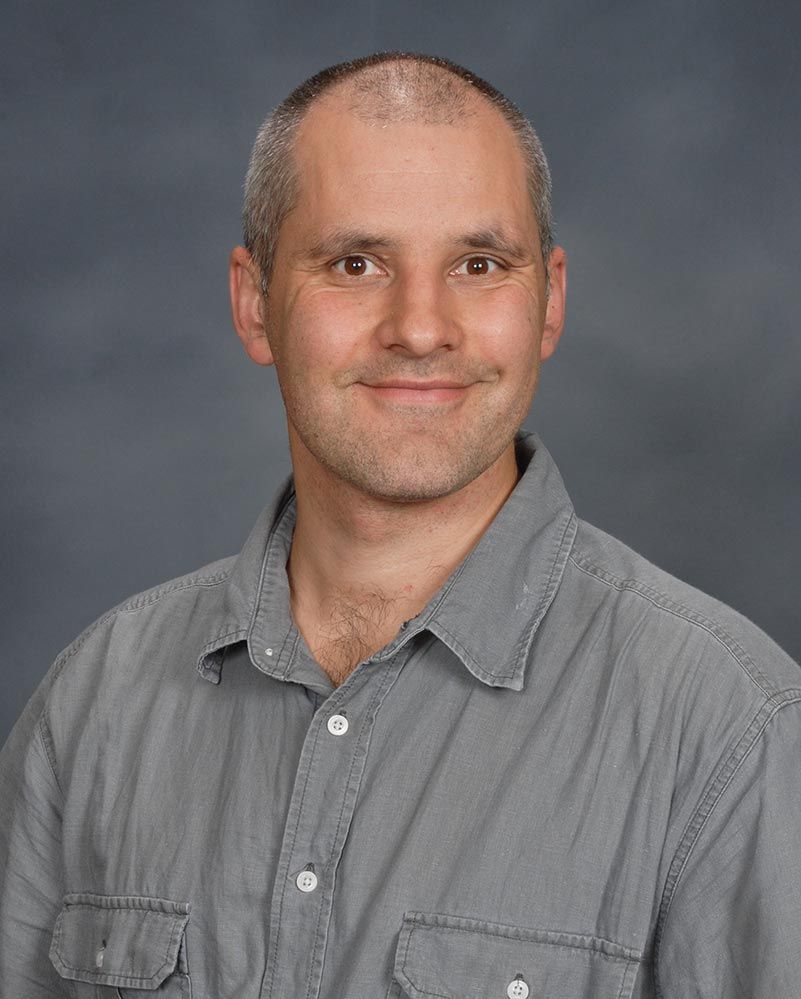Jonas Baltrusaitis, an associate professor of chemical and biomolecular engineering, will partner with researchers from Washington State University and Arizona State University on an innovative effort, funded by the Department of Energy, to produce a carbon-negative liquid fuel through a process that effectively recycles carbon emissions.
“This is the first attempt to combine green hydrogen with direct air capture carbon, so you’re making a fuel that is carbon negative, and when it’s burned it’s neutral,” said Dustin McLarty, the project leader and an associate professor in WSU’s School of Mechanical and Materials Engineering, in a press release announcing the $400,000, one-year grant. The team aims to “show how to efficiently make use of renewables to produce cost-competitive methanol.”
In simple terms, the researchers envision a system that produces hydrogen using water and solar- or wind-generated electricity. The process would then combine the hydrogen with carbon and oxygen gathered via direct air capture to produce the methanol.
The work performed in the Baltrusaitis Lab will focus on modeling the overall methanol process by combining the atmospheric and pressurized direct carbon-dioxide electrolysis with the distillation-based product separation to enable accurate techno-economic and life-cycle assessment of the emerging SOEC-based technologies. In particular, a tubular boiling water methanol reactor will be designed in silico as well as an optimal distillation column design will be performed for methanol purification.
Baltrusaitis is an expert in heterogeneous catalytic processes, optimum catalyst design, and sustainable green chemistry.
Read more about the project on the WSU website.

